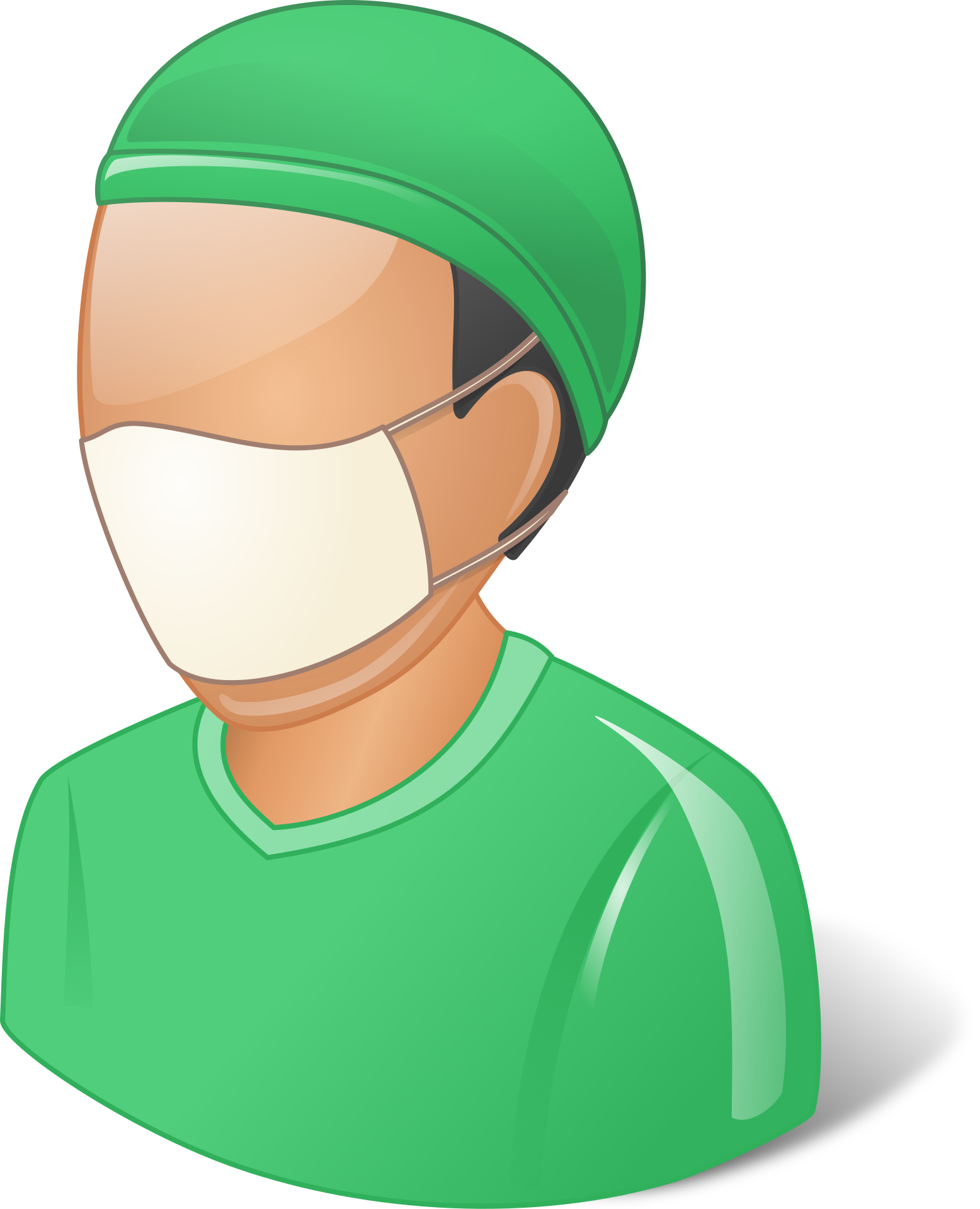- HIV raises your risk of depression, which can cause feelings of persistent sadness, hopelessness, fatigue, and other symptoms.
- Your doctor may prescribe medication, talk therapy, or a combination of both to help you manage depression.
- You may also find it helpful to join a support group.
Living with HIV increases the chance that a person will experience mental health conditions, including depression. In fact, depression affects an estimated
Symptoms of depression can interfere with your daily life and make it harder to follow your recommended treatment plan for HIV.
If you think you may have depression, let a healthcare professional know. Talk with them about changes in your mood or other symptoms.
Read on to learn about the symptoms of depression, how medications may affect your mental health, and more.
If you’ve experienced a low mood or other mental health challenges on a daily or near daily basis for 2 weeks or longer, you may have depression.
Symptoms of depression include:
- feeling frequently sad or empty
- feeling hopeless or pessimistic
- feeling worthless or guilty
- feeling irritable or restless
- loss of interest in activities you usually enjoy
- reduced energy or fatigue
- changes in sleep habits
- changes in appetite or weight
- slowed speech or movements
- concentration or memory difficulties
- unexplained aches, pains, or digestive issues
- suicidal thoughts or attempted suicide
Symptoms of depression may vary from one person to another.
It can be challenging to live with HIV and related medical conditions. But this is just one possible cause of depression.
Certain medications may also contribute to depression symptoms.
Antiretroviral therapy (ART) is an important part of HIV treatment. And some antiretroviral medications may cause mental health side effects, including depression and anxiety.
If you have a mental health condition, certain antiretroviral medications might make the symptoms worse.
It’s also possible for some antidepressant medications to interact with antiretroviral medications.
Tell your doctor about any medications that you’re taking. Ask them about potential side effects and drug interactions.
Let them know if you think you might be experiencing side effects from treatment for HIV or symptoms of depression. Don’t stop taking your prescribed medications without talking with your doctor first.
To treat depression, a healthcare professional may prescribe one or more of the following:
- talk therapy
- medication
- lifestyle changes
Examples of antidepressant medications include:
- selective serotonin reuptake inhibitors (SSRIs), such as fluoxetine (Prozac), paroxetine (Paxil), sertraline (Zoloft), or citalopram (Celexa)
- bupropion (Wellbutrin), which is also used to help people quit smoking
- tricyclic antidepressants (TCAs), such as imipramine (Tofranil)
It can take up to 2 to 4 weeks for antidepressant medications to take full effect, according to the National Institute of Mental Health.
A healthcare professional will monitor you for:
- changes in mood
- side effects
- possible drug interactions with antiretroviral medications
They may encourage you to make lifestyle changes.
For example, regular exercise may help reduce stress and boost your mood. If you’re new to exercise, ask your healthcare team for guidance on how to exercise safely.
If talk therapy, medications, and lifestyle changes aren’t enough to reduce symptoms of depression, your doctor may prescribe electroconvulsive therapy (ECT) or other brain stimulation therapies.
Treatment for depression can reduce symptoms and improve quality of life.
Your doctor may refer you to a mental health specialist, such as a psychologist or psychiatrist, for diagnosis and treatment. A psychologist can provide talk therapy. A psychiatrist can also prescribe medication.
To look for mental health services in your region, visit the Substance Abuse and Mental Health Services Administration website.
You may also find it helpful to join a support group for people with HIV or depression. For example, the National Alliance on Mental Illness runs individual and family support groups.
Support from family and friends may also help you cope with the challenges of depression. Consider reaching out to people you trust. You can talk with them about the challenges you’re facing and how they can help.
If you’re currently in crisis or having suicidal thoughts, call (800)-273-TALK (8255) for immediate help. You can also text “HOME” to the Crisis Text Line at 741741. These resources are free and confidential.
Depression is one of the most common mental health conditions in people with HIV. Persistent sadness, fatigue, and loss of interest in your favorite activities are a few of the potential symptoms.
Let a healthcare professional know if you think you might be experiencing depression or other mental health challenges. They may prescribe treatment or refer you to a mental health specialist for care.
It’s important to tell your doctor about any medication that you’re taking. Some antidepressant and antiretroviral medications may interact with each other. Your doctor can help you find a treatment plan that works for you.

